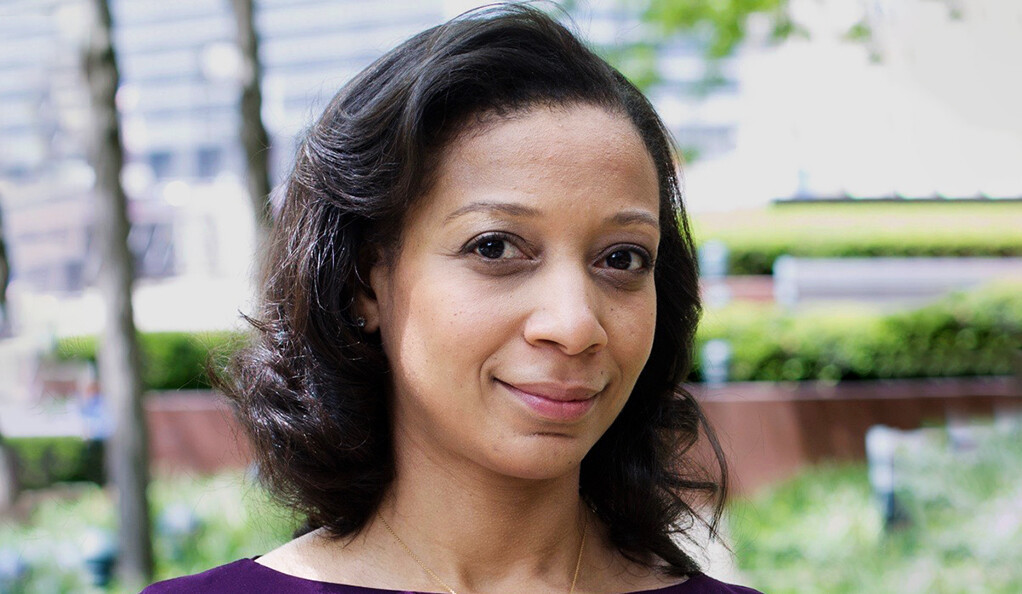Yale psychology professor Jennifer Richeson appointed to Biden administration council
Jennifer Richeson was appointed on Sept. 22 to the Biden administration’s President’s Council of Advisors on Science and Technology.

Yale News
Professor Jennifer Richeson was recently appointed as one of thirty leaders in President Biden’s Council of Advisors on Science and Technology, or PCAST.
Richeson — who was appointed on Sept. 22 — is the Philip R. Allen professor of psychology and director of the Social Perception and Communication Lab at Yale. As one of the PCAST members, she will make science, technology and innovation policy recommendations to the President and White House officials. Richeson researches the psychology of experiencing and responding to social and cultural diversity.
“[Her] research has illuminated how identities — particularly racial identities — are formed and shaped through interactions with others,” the White House reported in a press release on Sept. 22. “She is one of America’s leading scholars of interracial interactions, racial identity, bias and prejudice, cultural diversity, social inequality and injustice.”
Richeson’s recent research considers the way people perceive and respond to social injustice and inequality. Last year, she published multiple studies — including an examination of the neuroimaging of people’s impulsive responses to Black faces.
Richeson was unavailable to comment at the time of publication.
“It’s nice to see her being recognized,” psychology professor John Bargh said. “She has a voice that is very important, and now it’s going to be heard at the most important top level.”
Bargh praised the interdisciplinary and pioneering nature of Richeson’s research. He said that Richeson was one of the first few academics to use neuroscience research methods to understand prejudice and stereotyping. He added that she combines both scientific methods and the sociopolitical implications of her research.
Bargh emphasized the foresightedness of Richeson’s research, saying that because of her observations, many social psychologists take a further step to examine what the field can do to make people feel less threatened regarding the increase of minorities in the country and relieve tension.
Bargh added that Richeson aids other faculty of color and tries to address their problems — such as lack of existing networks.
Andre Faria ’22, a researcher in the Social Perception and Communication Lab, or SPCL, was excited to hear of Richeson’s appointment.
“I think our lab does a lot of research on things that are often ignored by the government,” Faria said.
According to its website, SPCL is devoted to three broad themes: perceiving and reasoning about intergroup inequality, navigating diverse environments and experiencing discrimination.
Faria has served as a research assistant at SPCL since spring 2020 and will be conducting their thesis on nonbinary identity in the lab this coming academic year. They regarded their working experience as pleasant, enriching and life-changing. They told the News that Richeson creates an environment that emphasizes self-care, where people genuinely care about each other’s emotional well-being. Faria noted that during the pandemic outbreak, the lab’s regulations were flexible and pressure-relieving.
“Everything we do in the lab is grounded in how it affects society,” Faria emphasized. “Something that we always tend to keep in mind is that our results affect policy and people’s lives. The lab has always centered its primary focus on helping people, first and foremost.”
Working in the lab has sparked Faria’s passion to research nonbinary identity, which is the subject of their thesis. Faria plans to pursue these interests further in doctoral studies.
“It definitely formulated my academic future,” Faria said. “If there’s one thing I can say that changed my future at Yale, it was working in this lab.”
Richeson joined Yale University in 2016.








